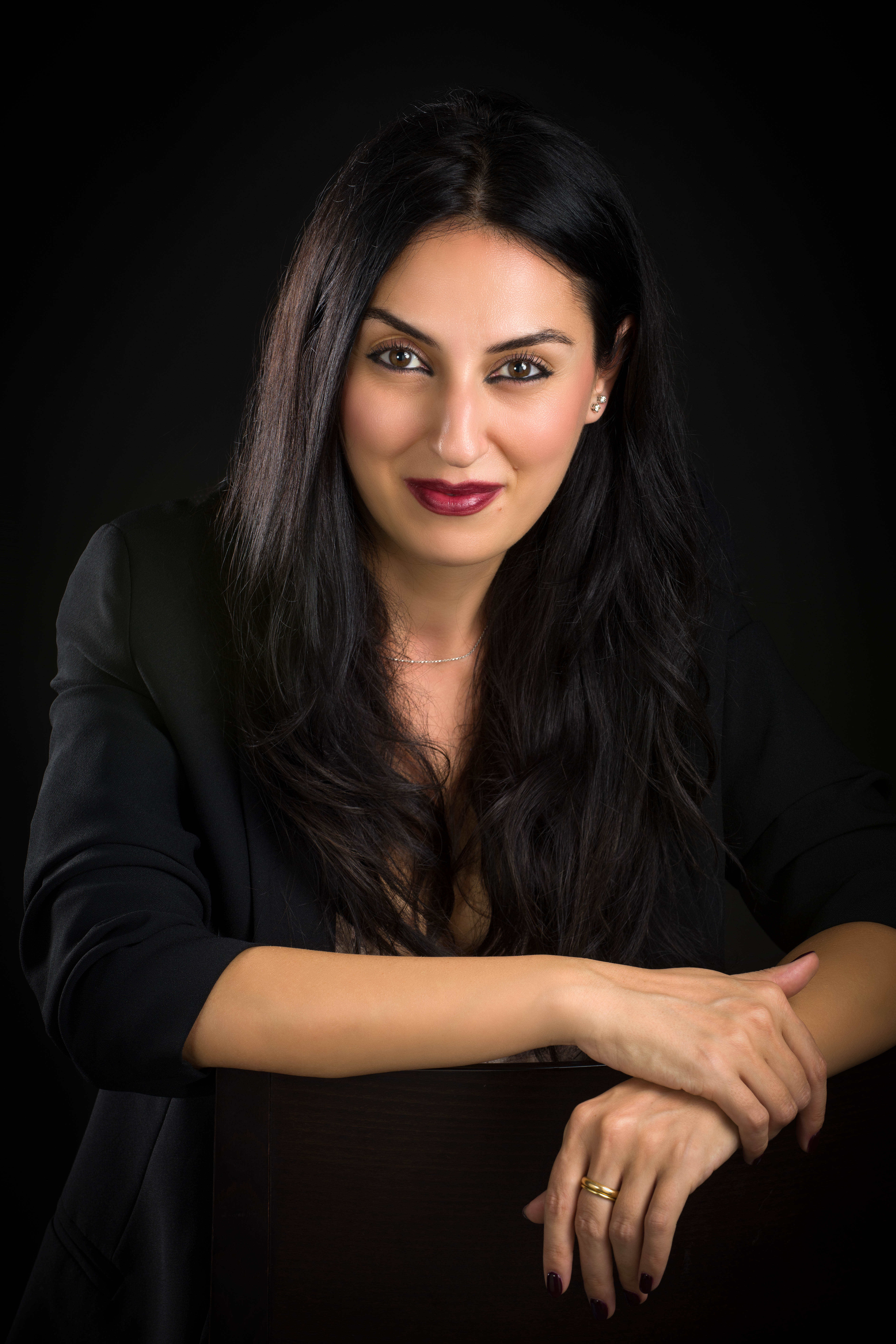 |
Rachele Pierini (Editor-in-chief) is Senior Researcher and Co-Director of the Centre for Textile Research at the University of Copenhagen. She is a philologist and a linguist, specialized in Bronze Age Aegean scripts. Her particular focus is on the Historical Linguistics of the Greek language starting with its Mycenaean attestations as well as the relationship between Mycenaean and the earliest re-constructible stages of Indo-European. Rachele pioneered Mycenaean studies in her former institution, where they did not have a tradition of their own, and established the Bronze Age Aegean studies there as an area of research during her time as a PhD candidate. During those same years, she also designed and taught courses on Linear B and mentored and supervised graduate and undergraduate students on the subject. Furthermore, Rachele is deeply committed to enhancing cooperation and promoting better communications of research results to society by leading projects like “Classical words, modern heroes,” and acting as a scientific advisor for sci-fi books that are set in the Aegean Bronze Age world. For her work in this area, Rachele has been awarded the 2019 prize of “Cultural Ambassador”. |
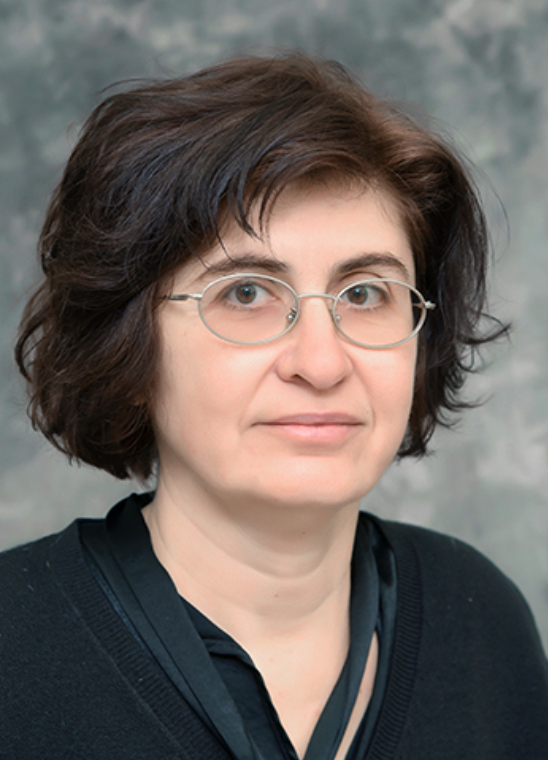 |
Elena Džukeska (Editorial committee member) is Professor of Mycenaean Greek and Historical Grammar of Greek and Latin at the Institute of Classical Studies at the University of Skopje, North Macedonia. Her work focuses on comparative linguistics and the history of the Greek and Latin language. Elena is also interested in Greek technical and specialized languages, particularly the language of the Greek philosophers that largely contributed to the evolution of the Greek language as a whole. On a more personal note, Elena enthusiastically emphasizes that a strong point of the MASt project is to provide a safe space to discuss a wide array of topics, a crucial step to expand own boundaries and the boundaries of our specialties in Aegean studies. |
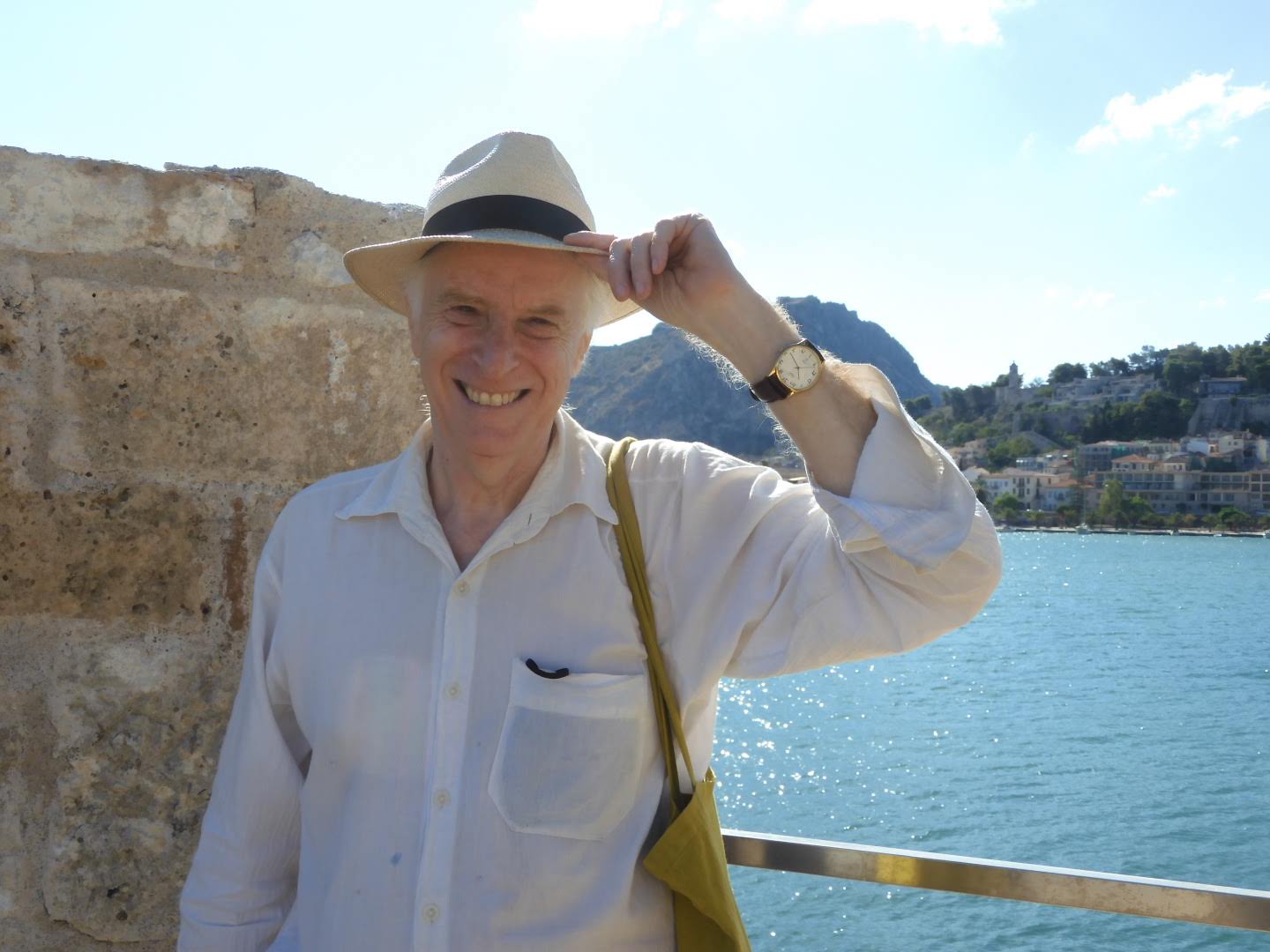 |
Joseph Maran (Editorial committee member) is Professor of Prehistory and Protohistory at Heidelberg University since 1996 and Director of the excavation at Tiryns on behalf of the German Archaeological Institute. A major focus of his research is the relation between monuments and social memory and between architecture and society in the Bronze Age Aegean as well as the implications of intercultural contacts between Aegean societies and those in the surrounding regions of the Near East, the Balkans and the Central Mediterranean. |
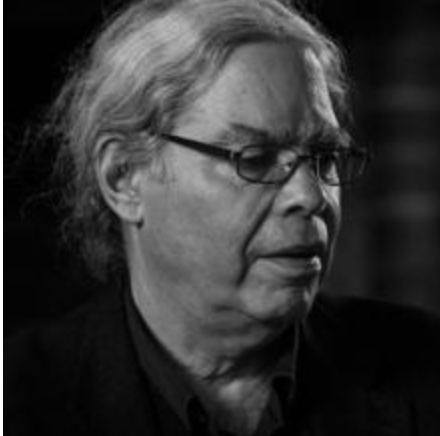 |
Leonard Muellner (Editorial committee member) is Professor Emeritus of Classical Studies at Brandeis University and Editor-in-chief of Harvard’s journal Classical Continuum. His work has a focus on Homeric epic and a special interest in historical linguistics, anthropological approaches to the study of myth, and the poetics of oral traditional poetry. |
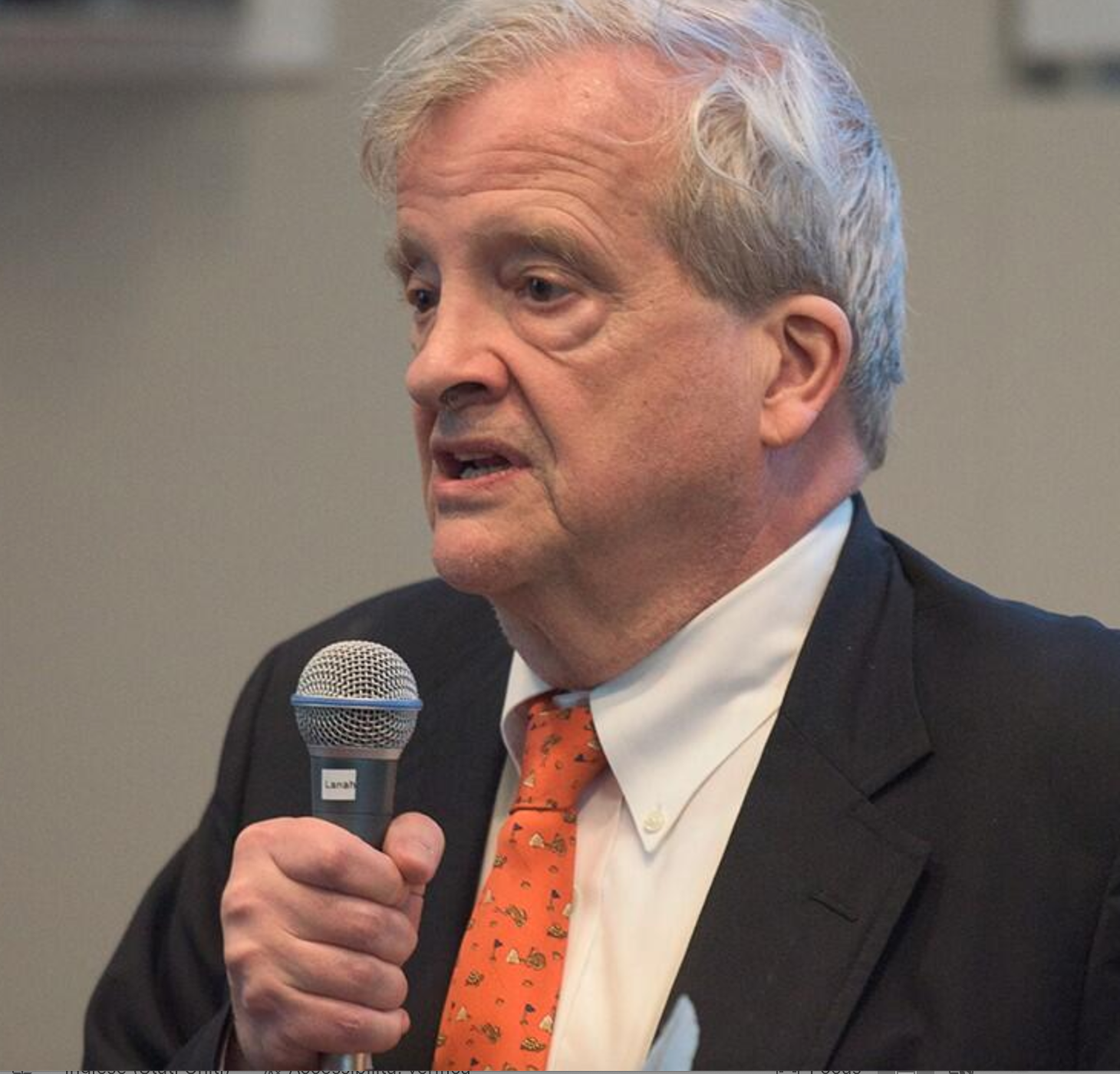 |
Gregory Nagy (Editorial committee member) is Francis Jones Professor of Classical Greek Literature and Professor of Comparative Literature at Harvard University. Greg worked and published on the Mycenaean tablets at an early stage of his career and he is now further deepening this field of research while also integrating it with his studies on archaic Greek literature and oral traditions. Two major focuses of his work have always been disseminating the knowledge of Classics and making it accessible to a wider audience as well as mentoring and supervising students, many of whom are now internationally renowned scholars. Accordingly, one of Greg’s ongoing goals, also in the MASt Project, is to integrate his research with collaborative as well as intergenerational mentorships and public engagement initiatives. |
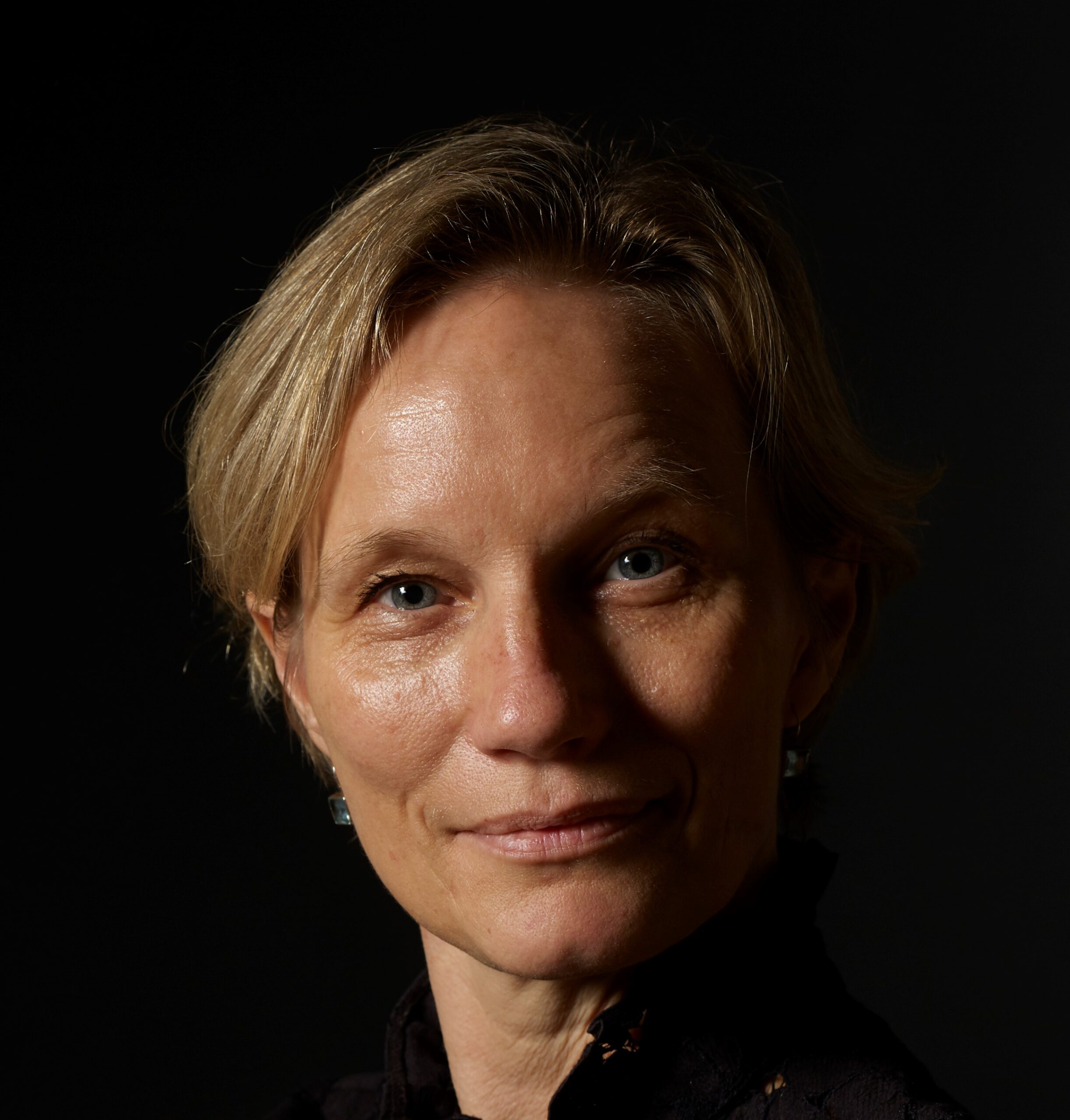 |
Marie Louise Nosch (Editorial committee member) is Professor at the University of Copenhagen. She is an historian and major focuses of her work are Aegean scripts, Aegean epigraphy, Mycenaean textile production, and cross-cultural study of textiles. She was General Secretary of CIPEM (Comité International Permanent d’Études Mycéniennes), the most important commission on Linear B studies, from 2010 to 2015. Currently, Marie Louise is President of the Royal Danish Academy of Sciences and Letters. |
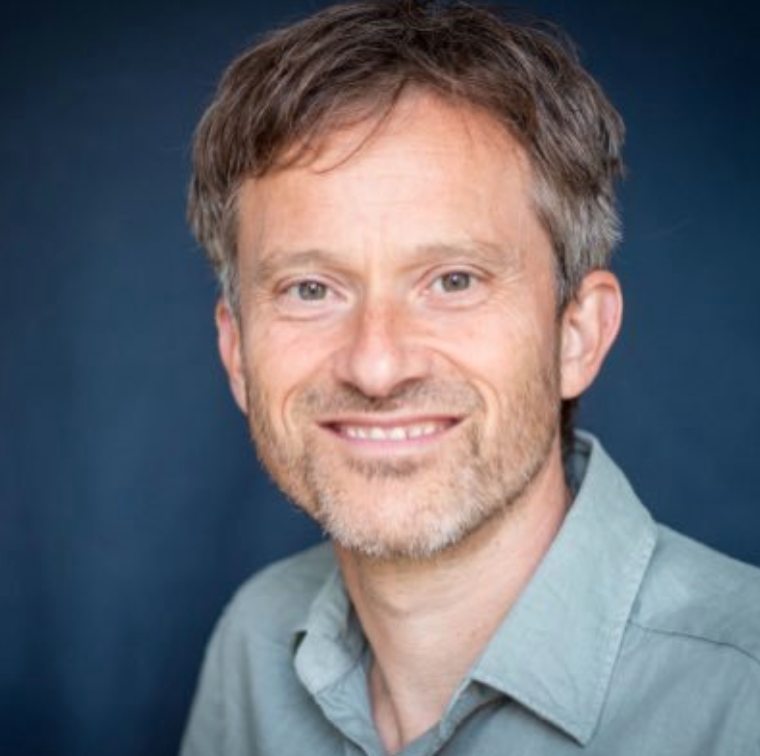 |
Thomas Olander (Editorial committee member) is Professor at the University of Copenhagen. He is an Indo-European linguist whose specialty is linguistic phylogenetics, that is, the study of the relationship between the various branches of the Indo-European language families. One of his latest publications focuses exactly on this topic: the 2022 collective volume, of which he is editor, The Indo-European Language Family: A Phylogenetic Perspective. Thomas is also interested in archaeolinguistics and the interaction between archaeology and genetics, especially from the perspective of the spread of the Indo-European populations and languages. |
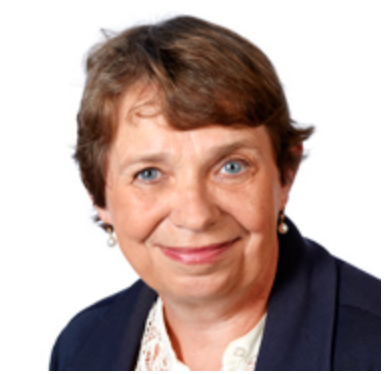 |
Birgit Olsen (Editorial committee member) is Professor of Indo-European linguistics at the Department of Nordic Studies and Linguistics at the University of Copenhagen. She is former Associate Professor of Indo-European at the centre of excellence Roots of Europe—Language, Culture and Migrations, in which she has played a key role in research and organization since its creation in 2008. Birgit is specialized in archaeolinguistics as well as in reconstructing the phonology, morphology and lexicon of the Indo-European languages, especially the kinship terminology and vocabulary of social institutions. She is working on Classical Armenian and the relationship between Armenian and Greek. |
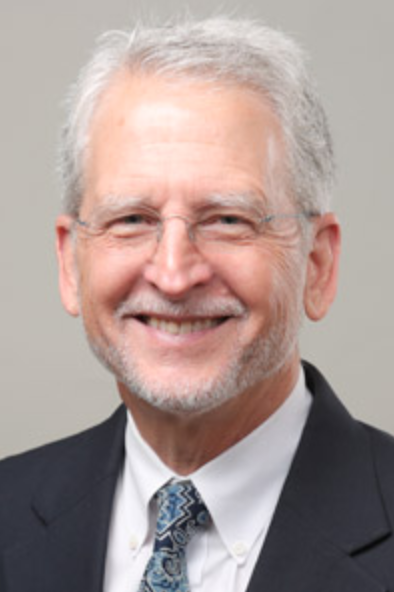 |
Tom Palaima (Associate Editor) is in phased retirement as Robert M. Armstrong Centennial Professor and was the founding Director (in 1986) of the university’s Program in Aegean Scripts and Prehistory (PASP) in the Department of Classics at the University of Texas at Austin. He was also awarded a MacArthur fellowship in 1985 and received an honorary doctorate from the Faculty of Humanities at Uppsala University, Sweden, in 1994. Tom has long worked on Aegean scripts, with a strong focus on paleography, scribal systems, the role of the Linear B tablets within the palace administration and economy, and the relationship between Linear B and the yet-to-be-deciphered Linear A. His work always aims at understanding human beings and human behaviors within their social, political and cultural contexts, including the impact of war and violence and the role of songs and songsters in communicating human thoughts and emotions. On a more personal note, Tom emphasizes the crucial role that the MASt project is playing in showing new approaches to the subject and critically discussing previous scholarship taking advantage of intergenerational dialogue and the diversified backgrounds of its participants who come from a variety of institutions and countries. |
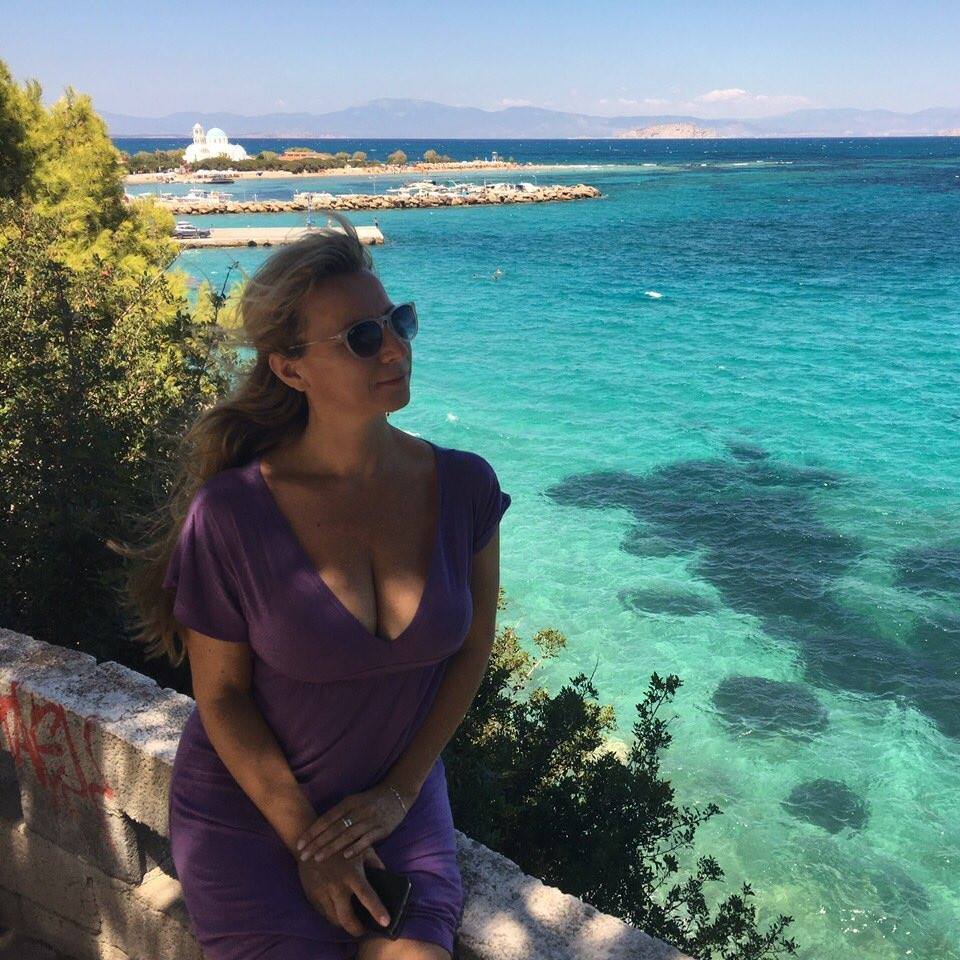 |
Helena Tomas (Editorial committee member) is Professor of Bronze Age Archaeology and Head of the Department of Archaeology at the University of Zagreb, Croatia. Helena’s main research interests concentrate on the transition between Linear A and Linear B scripts, the Aegean and the Eastern Mediterranean during the Bronze Age, Mycenaean epigraphy and administration, and the relationship between the Aegean, the Balkan Peninsula, and Central Europe during the Bronze Age. |
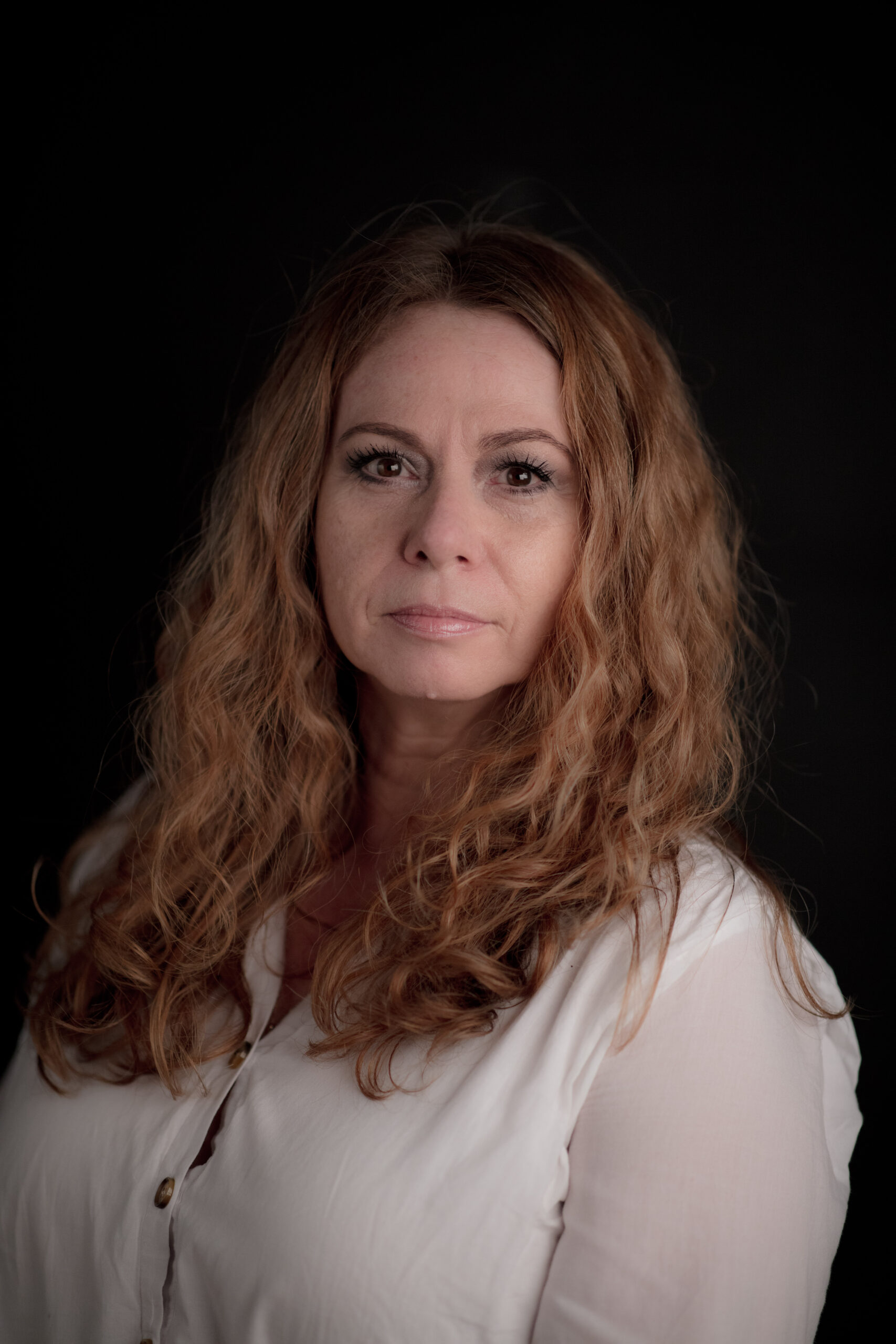 |
Agata Ulanowska (Editorial committee member) is Assistant Professor at the Faculty of Archaeology University of Warsaw. The major focus of her work are Aegean, textile, experimental archeology, and seals and gender studies. She particularly deepened the topic of textiles in an internship conducted at the Polish Academy of Science of Łódź. Agata pioneered a program about hands-on approaches to textile production in her own institution. Since 2011, she has taught classes on textile archaeology that focus on the Bronze Age Aegean and are based on experiential learning. Additionally, Agata directed the project “Textiles and Seals”, which also includes a website and a database, and directs and coordinates the international project “Euroweb. Europe through Textiles”, a COST action funded by the framework “New Horizon, Europe” that gathers 32 countries and almost 200 officially affiliated scholars. |
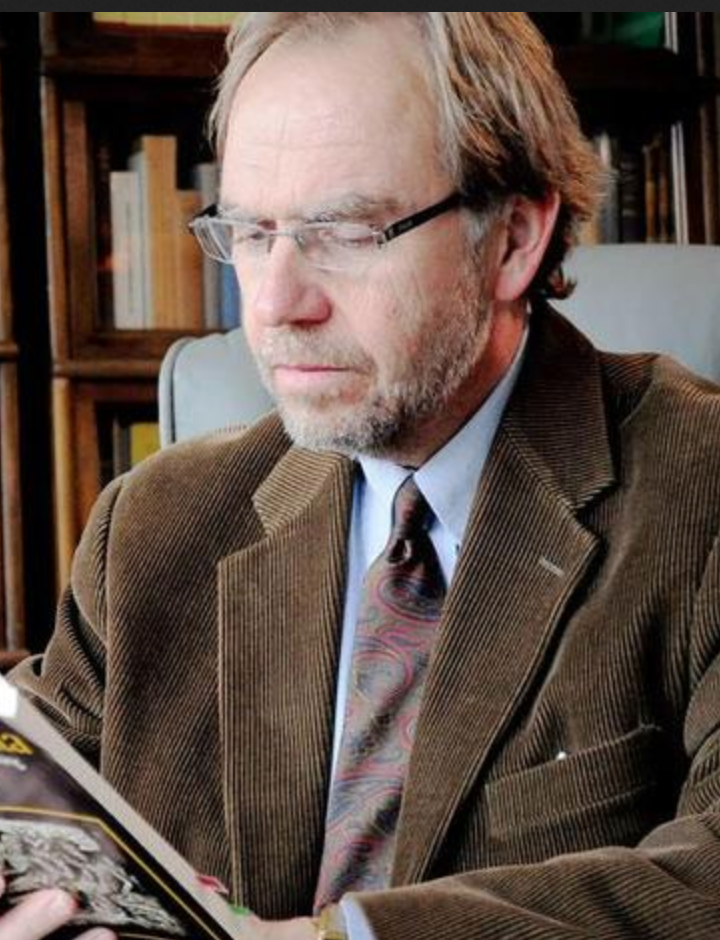 |
Roger Woodard (Editorial committee member) is Andrew V.V. Raymond Professor of Classics at the University at Buffalo. Roger works extensively on Greek literature, Greek and Indo-European religion and myth, the Greek alphabet and other writing systems, Indo-European linguistics, and the interaction between the Near East and Greece. |
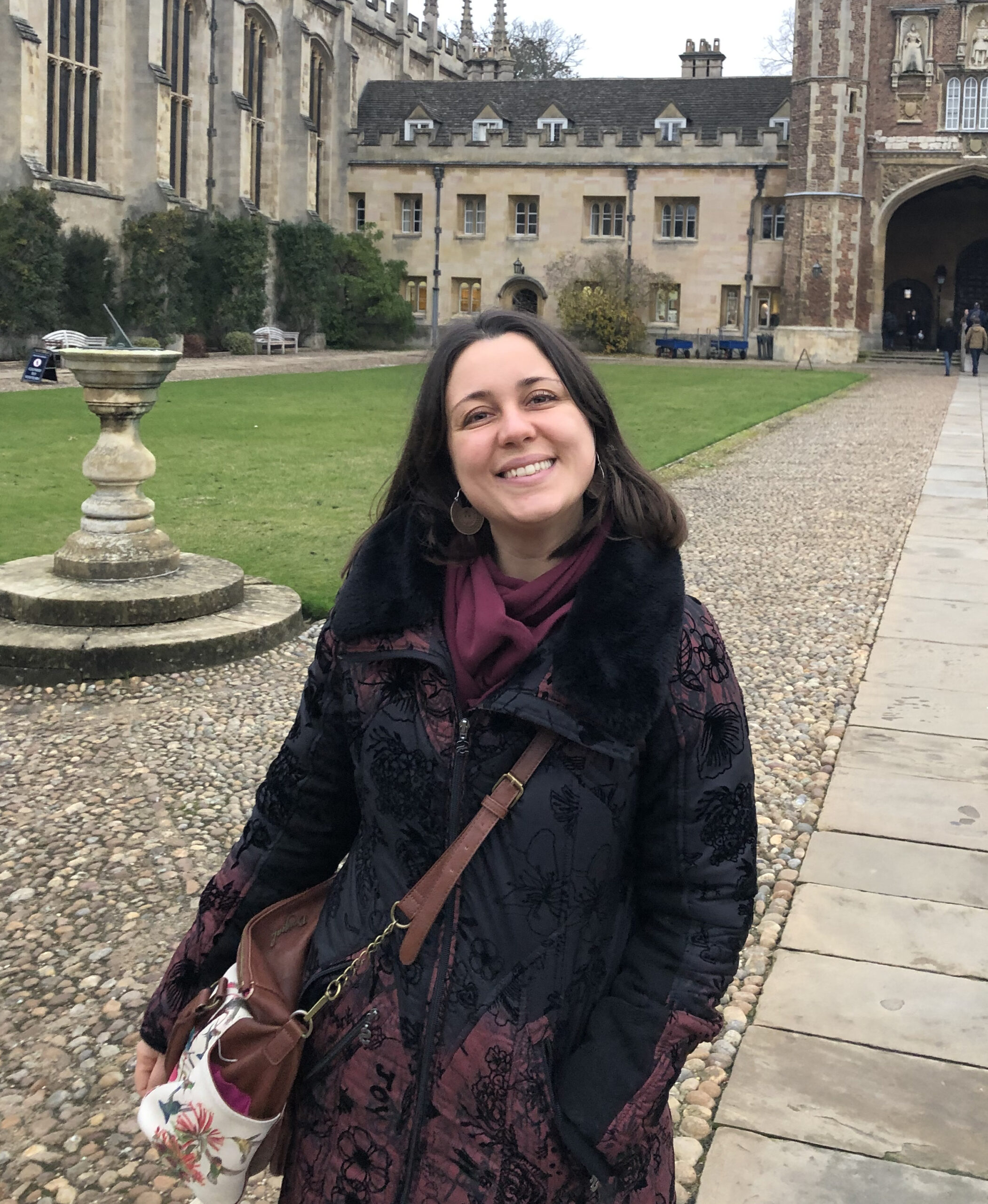 |
Giulia Muti (Secretary) is an archaeologist specializing in Mediterranean islands and textile production, with a focus on prehistoric Cyprus. She received her PhD in Archaeology from the University of Manchester in 2020. She worked as a project curator for the Being an Islander: Art and Identity of the Large Mediterranean Islands project and exhibition (The Fitzwilliam Museum, University of Cambridge). Giulia currently holds the “E.J. Peltenburg Postdoctoral Fellowship in Cypriot Prehistory” (CAARI, Nicosia) to research changes in textile production and technology and their socio-economic value in the period encompassing the transition between the Middle and Late Bronze Age in Cyprus. |
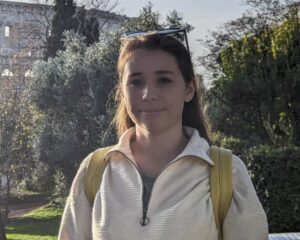 |
Harriet Cliffen (Editorial Assistant) is a PhD candidate at the University of Liverpool, studying pottery production in the Late Bronze Age of Cyprus, with her thesis focusing on the non-destructive radiographic analysis of ceramics from across the island. She has previously received a BA in Archaeology from the University of Manchester and an MSc in Archaeological Science from the University of Liverpool. She worked as a researcher with the ERA Chair “Mnemosyne” project at the Digital Heritage Research Laboratory at the Cyprus University of Technology, where she undertook research into the digitisation of artefacts, monuments and sites. |
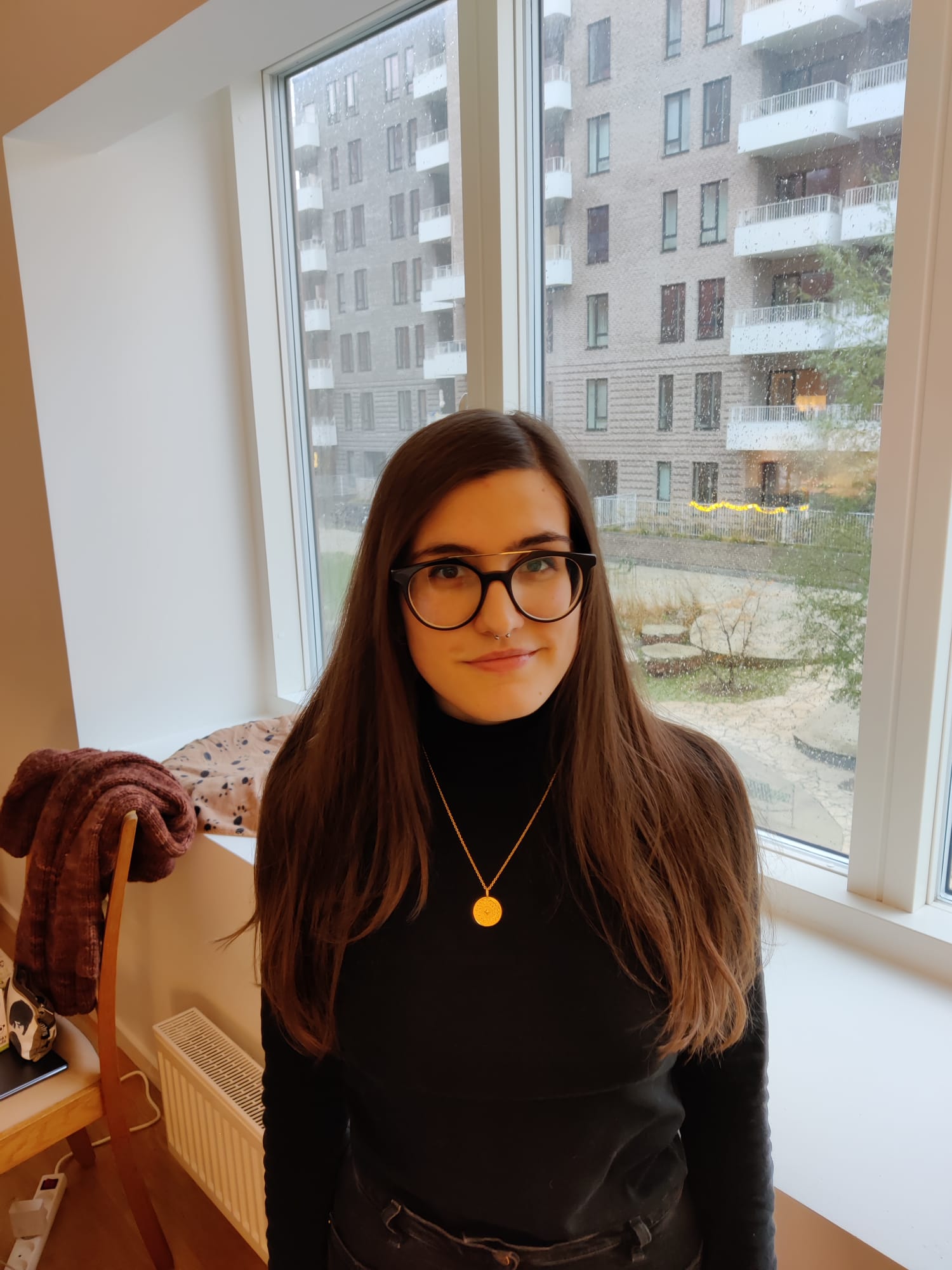 |
Linda Rocchi (Editorial assistant) is Leverhulme Abroad Fellow at the Saxo Institute, University of Copenhagen. Her work focuses on ancient Greek history, particularly on legal and institutional history, and her research interests also include epigraphy and papyrology. Linda obtained her PhD at the University of Edinburgh in 2022. |
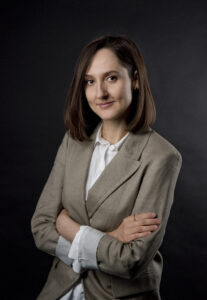 |
Katarzyna Żebrowska (Editorial assistant) is a PhD candidate at the University of Warsaw and an experienced editorial assistant who already has experience with international publishers and collective volumes as well as collaborations in long-term projects. Her research interests focus on the archaeology of prehistoric Sicily and the Aegean region. Katarzyna specializes in the Italo-Aegean contacts, funerary architecture, especially in relation to landscape, as well as textile archaeology, in particular the functionality of textile tools. |
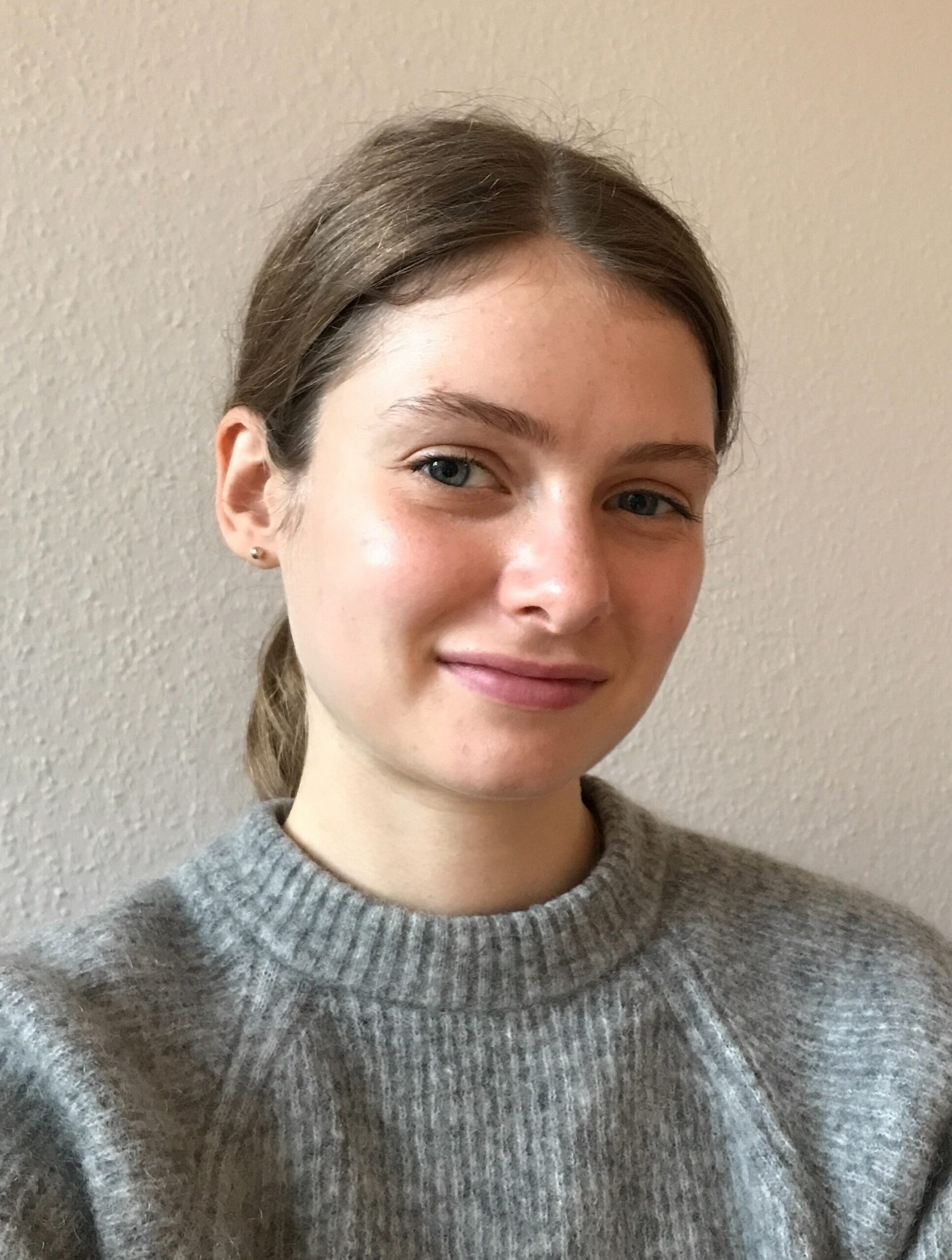 |
Matilda Agdler (Student assistant) is a student of Indo-European linguistics at the University of Copenhagen. Currently, Matilda is particularly interested in historical semantics, including the study of reconstructed linguistic meaning and its impact on our understanding of prehistoric culture and society. |
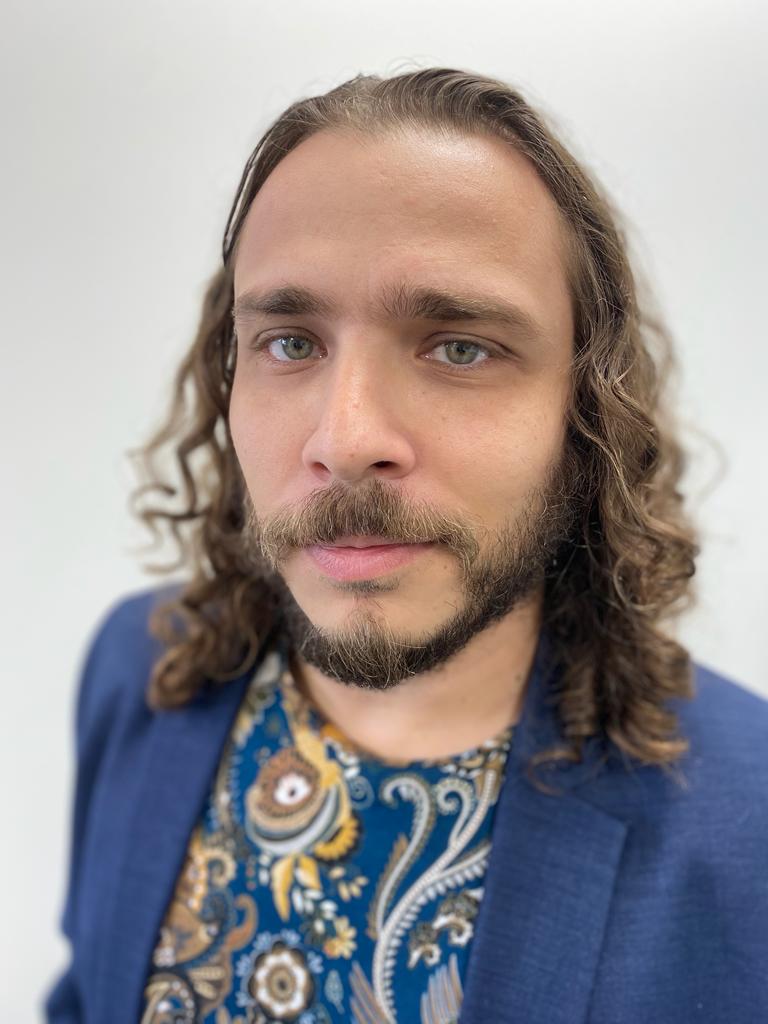 |
Riccardo Finamore (Digital media consultant) is an entrepreneur and marketer, specialized in digital marketing strategies. Since 2014 Riccardo has worked to help stakeholders and scientific institutions to disseminate their specialized results. In 2017 he started his own company and added clients like Yves Rocher, ING Direct bank, and Ferrari to his portfolio. Riccardo’s work focuses on creating a digital brand identity and helping to successfully launch it through social media. In the MASt project, Riccardo acts as a digital media consultant and helps the board to boost the impact of MASt on social media so as to contribute to the MASt’s goal of bringing the Classics into today’s world. |
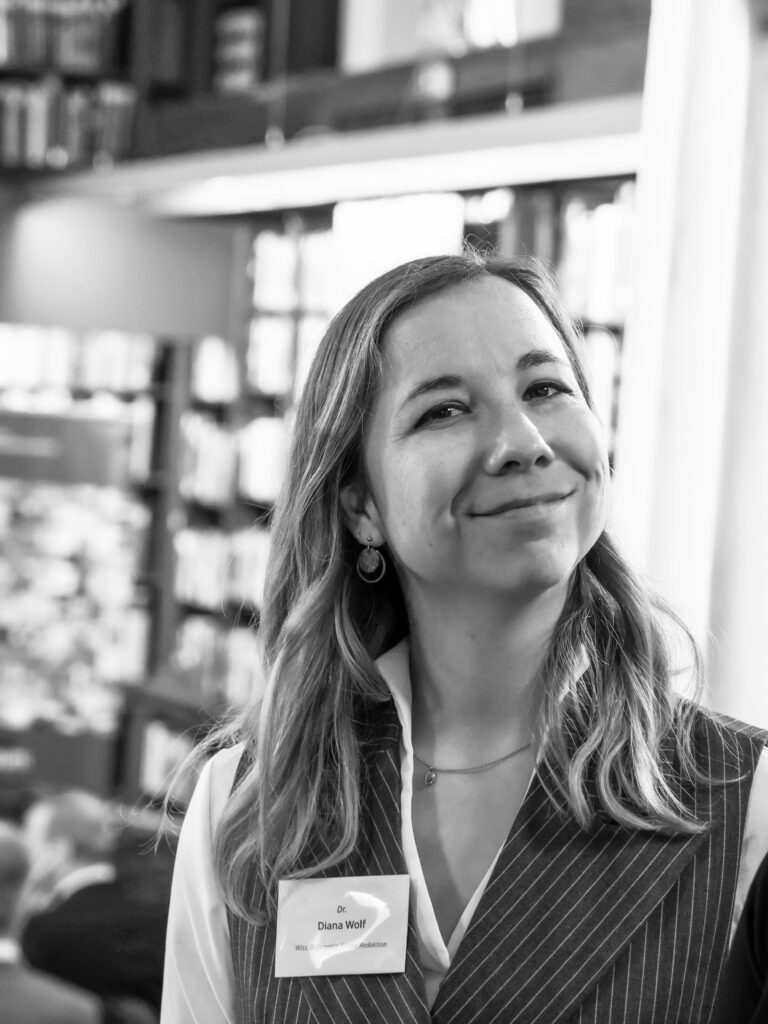 |
Diana Wolf is a postdoctoral research associate at the German Archaeological Institute (DAI) in Athens, where she is responsible for the editorial department. She specializes in Aegean prehistoric archaeology and completed her PhD at UCLouvain (Belgium) in 2023 with a dissertation on Late Minoan soft stone seals. Her research interests extend beyond Aegean glyptic to include craft production and the chaîne opératoire, with a broader focus on human agency and cognition in the emergence of material culture and social relations. Her involvement in collaborative academic initiatives and scholarly publishing is reflected in her co-editorship of two ScapeCon proceedings volumes (2018, 2022), a project that grew out of her role as a founding member of the international graduate student conference on Aegean prehistory. |